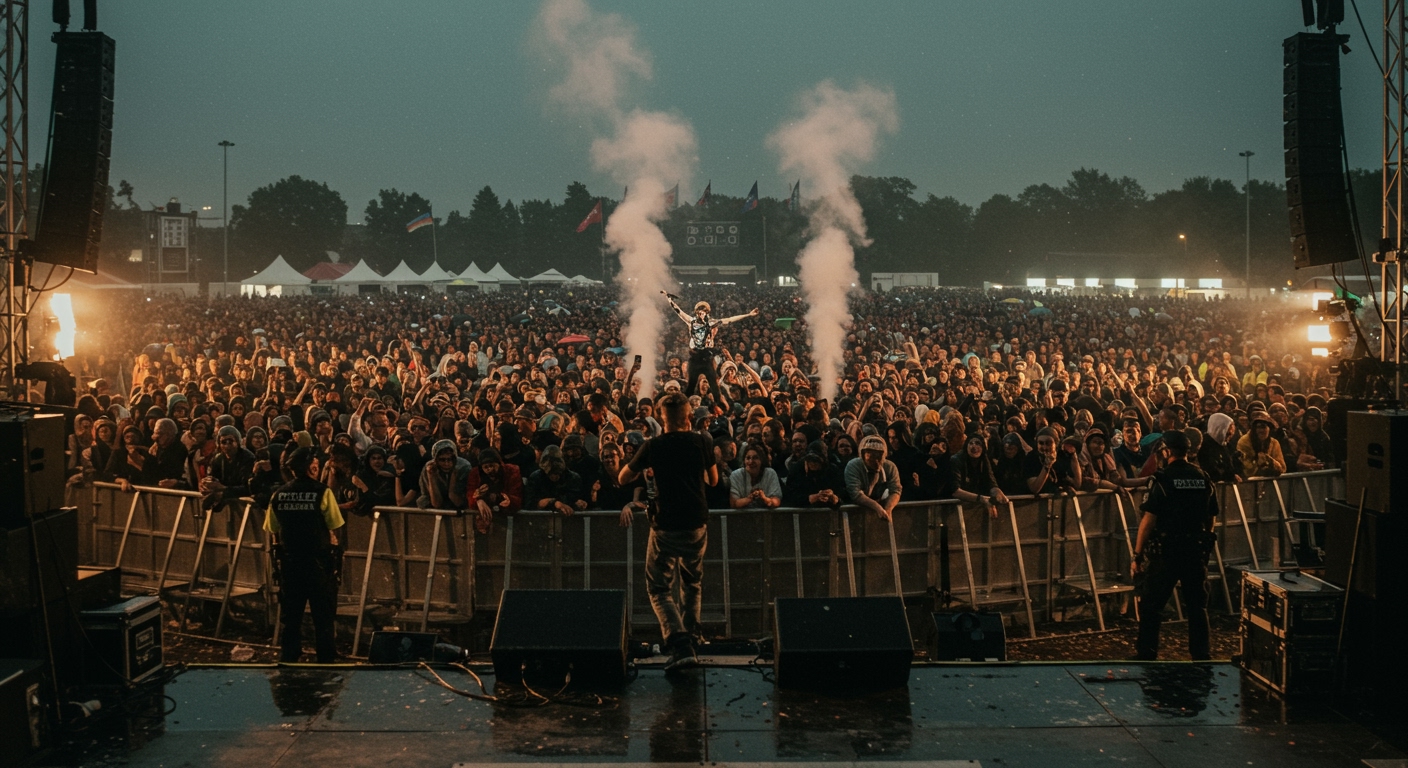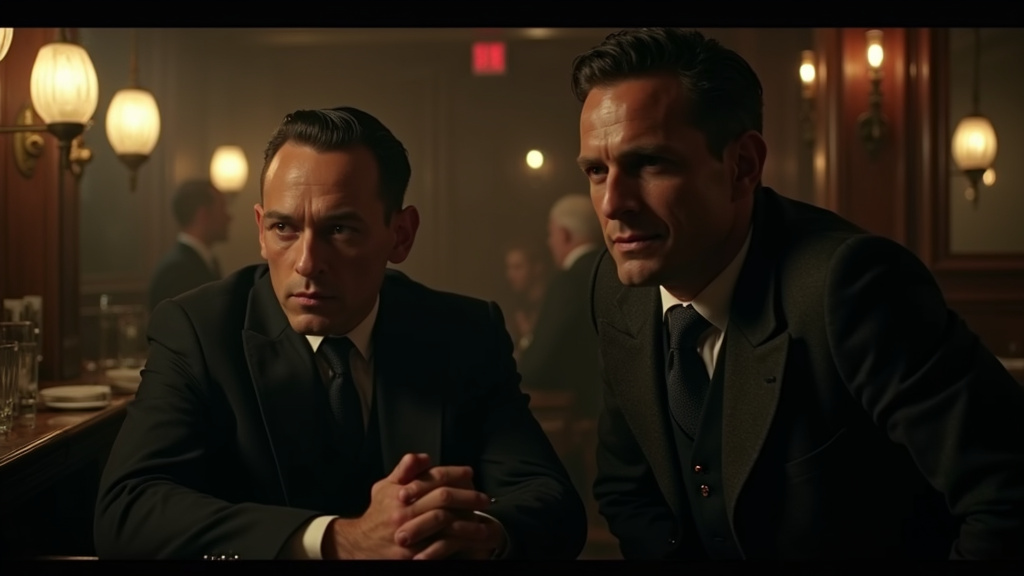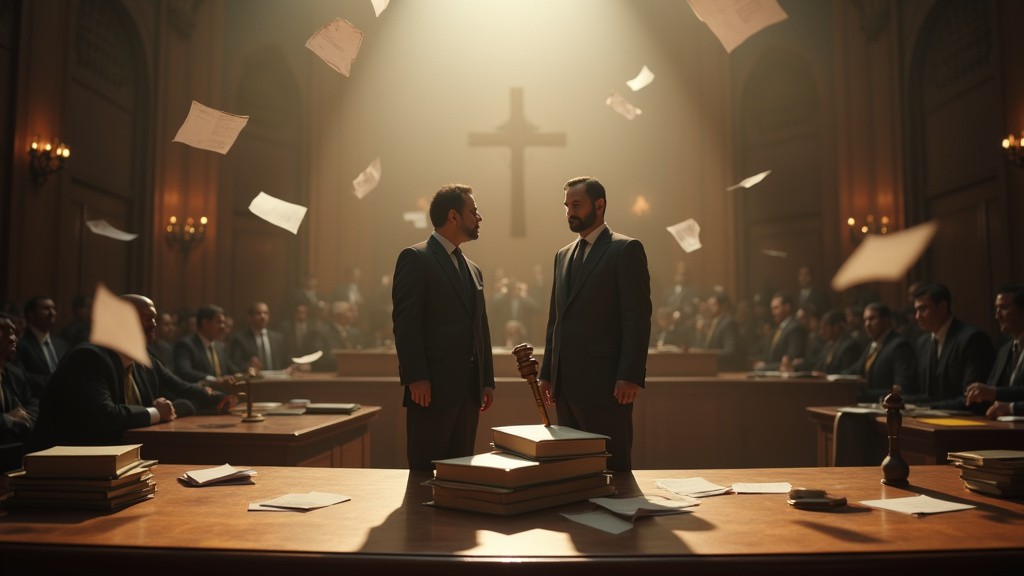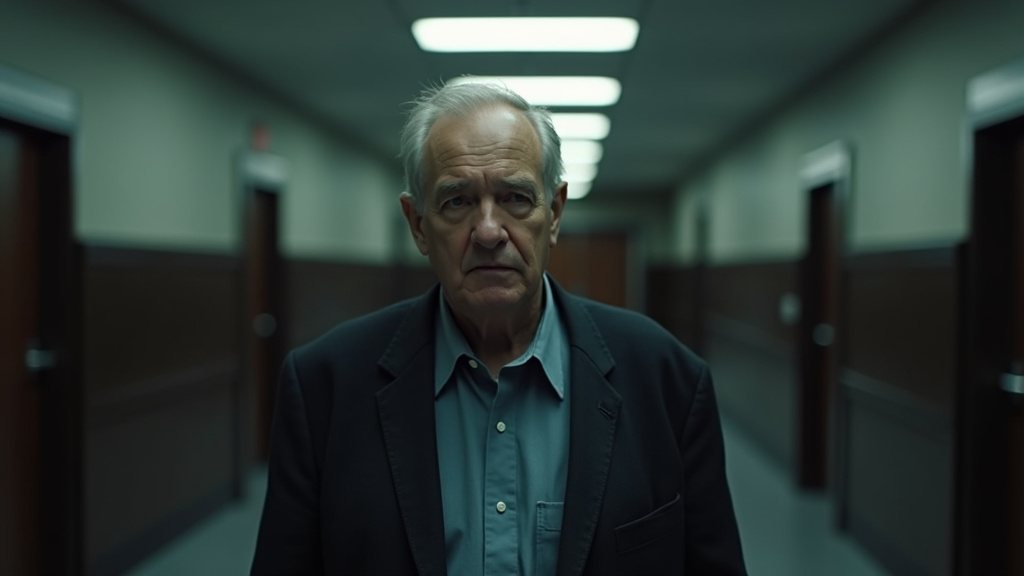A storm of political controversy has erupted following reports of inflammatory chants during performances at the renowned Glastonbury Festival over the weekend. The UK government and the Israeli embassy in London have issued strong condemnations after the rap duo Bob Vylan reportedly led crowds in chants targeting the Israel Defense Forces (IDF).
The incident, which occurred during Bob Vylan’s performance on Saturday, involved frontman Bobby Vylan reportedly leading the crowd in shouts of “Death, death to the IDF.” The chant, controversial and highly sensitive given the ongoing conflict in the Middle East, was broadcast by the BBC, bringing it to immediate national attention.
Official Reactions and Police Inquiry
The chants drew swift and sharp criticism. The Israeli embassy in London released a statement condemning the language used, highlighting the sensitivity and potential impact of such rhetoric. This was echoed by the UK government, which also formally condemned the chants, signalling the seriousness with which the matter is being viewed at the highest political levels.
In response to the reports and circulating video evidence, Avon and Somerset Police have initiated an assessment. The police force stated that officers would examine video footage of the performance to determine if any offenses requiring a criminal investigation were committed. This step is crucial in evaluating whether the chants crossed the threshold from potentially offensive speech to actions that could constitute a breach of public order or other relevant laws.
Separate Controversy Involving Kneecap
The controversy at Glastonbury was not limited to the Bob Vylan incident. The Irish rap trio Kneecap also faced scrutiny regarding their performance. Kneecap reportedly led a chant directed against UK Prime Minister Keir Starmer.
This action by Kneecap comes after Keir Starmer had previously commented on their planned performance at Glastonbury, stating it was not “appropriate.” Starmer’s comment followed a charge against one of Kneecap’s members, Liam O’Hanna, also known as Mo Chara, for a terror offense. The reported chant against the Prime Minister appears to be a direct response to this earlier public criticism.
Further adding to the concerns surrounding Kneecap’s presence at the festival, a member of the trio was reportedly seen wearing a T-shirt supporting the Palestine Action Group. This group is currently facing the significant prospect of being proscribed, or banned, under UK terror laws. Association with groups under consideration for such bans can draw heightened attention from authorities and the public, particularly in politically charged contexts.
Context and Implications
The Israel Defense Forces (IDF) are the military forces of the State of Israel. Chants calling for their “death” are seen by many, including the Israeli embassy and the UK government, as deeply hostile and potentially inciting, especially in the current geopolitical climate. The incident highlights the tension between freedom of expression, particularly in artistic and protest contexts like a music festival, and the potential for language to be perceived as hateful or threatening.
Music festivals, like Glastonbury, often serve as platforms for political expression and protest. However, the events over the weekend underscore the delicate balance that must be struck when politically charged rhetoric is employed. The involvement of the BBC in broadcasting the Bob Vylan performance also raises questions about the role and responsibilities of media outlets in covering live events where controversial content may arise.
The police investigation into the Bob Vylan chants will be critical in determining the official response and could set precedents for how similar incidents are handled in the future. The potential for criminal offenses to have been committed underscores the legal boundaries that govern public discourse, even in settings designed for artistic freedom.
Similarly, the scrutiny on Kneecap – both for the chant against the Prime Minister and the visible support for the Palestine Action Group facing a potential ban under UK terror laws – illustrates the complex intersection of politics, art, and security concerns.
Authorities are now assessing the evidence from both incidents, and the outcomes of these reviews will likely shape future discussions about political expression, acceptable conduct at public gatherings, and the legal framework governing such events in the United Kingdom. The condemnation by the UK government and the Israeli embassy signals the high level of concern generated by the weekend’s events at one of the world’s most prominent music festivals.





